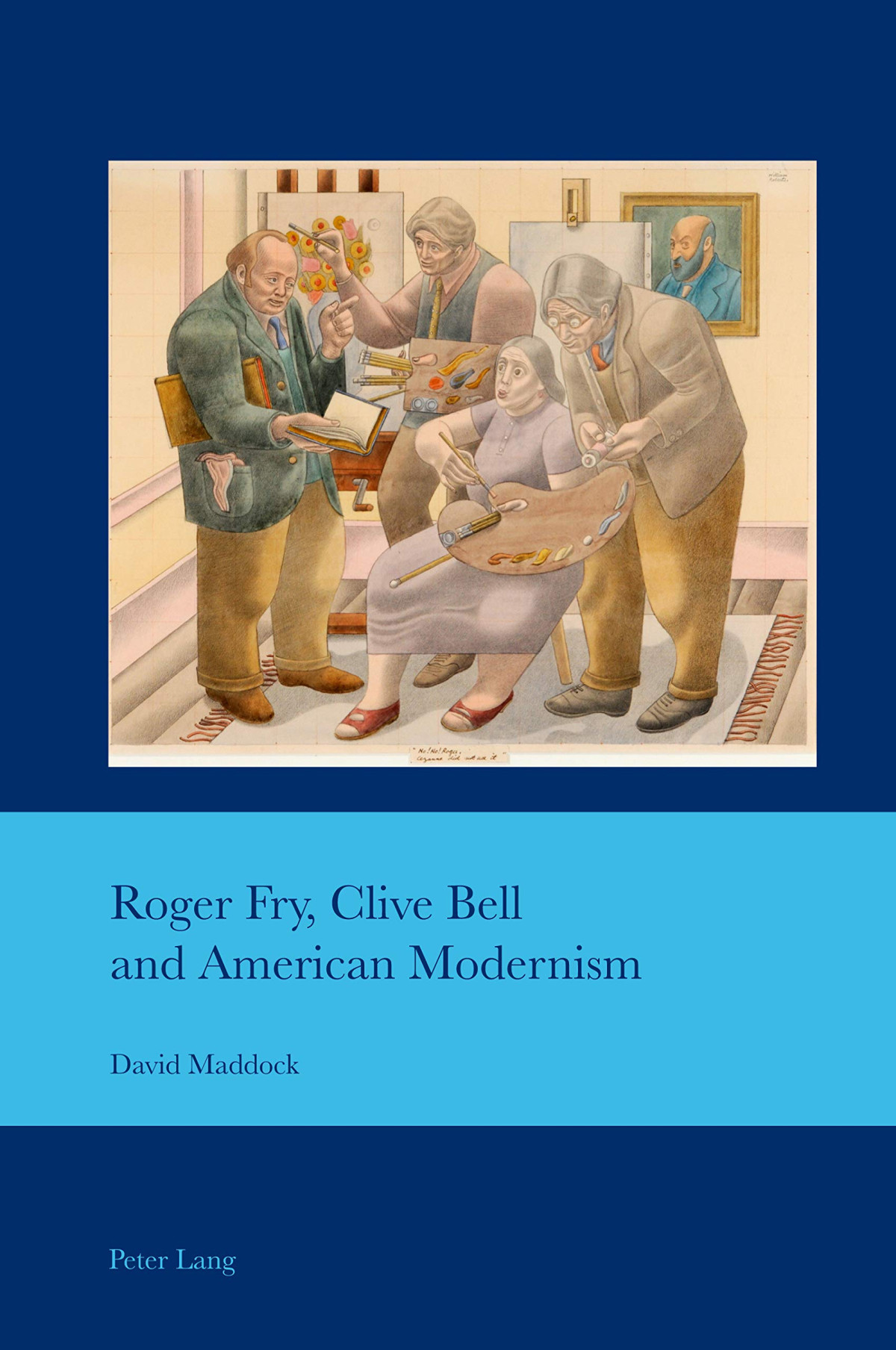

Most ebook files are in PDF format, so you can easily read them using various software such as Foxit Reader or directly on the Google Chrome browser.
Some ebook files are released by publishers in other formats such as .awz, .mobi, .epub, .fb2, etc. You may need to install specific software to read these formats on mobile/PC, such as Calibre.
Please read the tutorial at this link: https://ebookbell.com/faq
We offer FREE conversion to the popular formats you request; however, this may take some time. Therefore, right after payment, please email us, and we will try to provide the service as quickly as possible.
For some exceptional file formats or broken links (if any), please refrain from opening any disputes. Instead, email us first, and we will try to assist within a maximum of 6 hours.
EbookBell Team

4.0
56 reviewsWhen the Bloomsbury critics Roger Fry and Clive Bell introduced an aesthetically conservative English public to recent Parisian avant-garde painting, they explained its disconcerting imagery by way of a late nineteenth-century metaphysical tradition which had long intrigued musicians and Symbolist writers on the European continent. The Post-Impressionist aesthetic they devised advocated a direct response to the formal ingenuity of the work of art without recourse to prior knowledge and emphasized the significance of visionary genius, albeit to the detriment of narrative acuity and technical accomplishment, values hitherto upheld by the Edwardian art establishment. The provocation was calculated, the author suggests, and its domestic ramifications were predictable: the reaction of an Anglo-conformist public in New York, on the other hand, was anything but.
Recreating an Anglo-American dialogue inspired by Fry and Bell, and framed within a period encompassing Fry’sManet and the Post-Impressionistsexhibition in 1910 and Alfred Barr Jr’sCubism and Abstract Artexhibition in 1936, the author demonstrates how key components of Bloomsbury’s aesthetic bypassed a pre-existent modernist practice in New York and were instead taken up by an urban intelligentsia which adapted them to the requirements of an increasingly professionalized institutional practice during the 1920s.